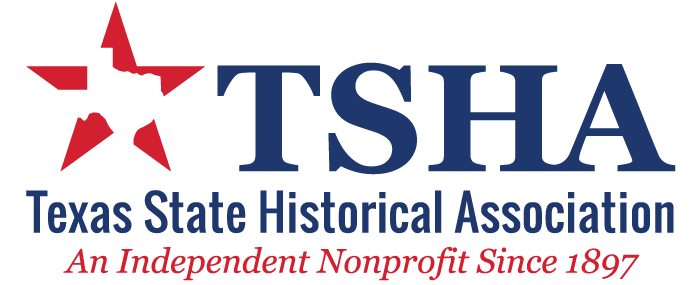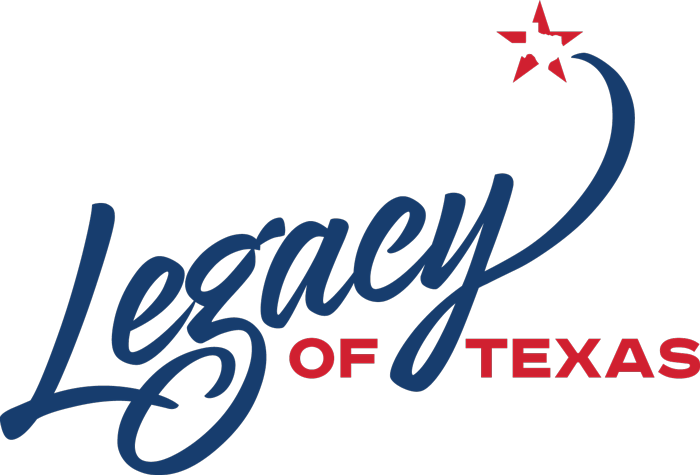The Hidalgo County Rebellion was an early effort of farmers and middle-class business owners in the Rio Grande valley to organize against boss rule. Anderson Y. Baker, who had been supported by James B. Wells's Democratic machine, became Hidalgo county treasurer in 1907 and sheriff in 1912. Republican newcomers had organized a reform party by 1914, but they were outnumbered by the vote garnered by the machine. At the time of the November 1928 election the controversy garnered national attention when the newcomers formed the Good Government League. In November 1928 they expected a crooked election and purportedly sent 2,000 telegrams to President Calvin Coolidge petitioning for a fair one. After the election was held, the Republicans charged that pro-Baker officials had thrown out the entire Weslaco ballot box. Bakerites claimed that since the returns were not sealed in accordance with the law, the ballots had to be thrown out. In protest 500 taxpayers in 160 automobiles carried a petition signed by 5,700 voters to protest the seating of Democratic representatives. When a Brownsville grand jury took up the legal case, no indictments were made.
On February 27, 1930, a federal grand jury in Houston indicted Baker, Edinburg county clerk Cam E. Hill, county judge A. W. Cameron of Edinburg, county commissioner William D. Chaddick of Mercedes, former county commissioner Marvin Evans of Pharr, county commissioner Sam M. Hargrove of Mercedes, election judge Tom J. Buckow of Weslaco, and Harlingen newspaperman and election clerk Edwin B. Williams. They were indicted for conspiracy to injure persons in their exercise of civil rights in violation of the United States civil code. All were found not guilty. Other charges of fraud were made. Baker reportedly orchestrated a bond election for $1.7 million in which some 500 Hispanics voted but which was not made public for Anglo voters. Thereafter, 800 Anglos signed a statement charging that the election was not publicized. Baker was also charged with supporting a bond election for a "Nickel Plated Highway to Hell," allegedly costing taxpayers $100,000 a mile and benefiting developers and Baker. After the election, it was charged that Baker was "actively engaged in canvassing Mexican voting precincts for support of the `reorganized democrats.'" Mexican-descent people constituted 90 percent of the population; many of them worked as laborers on large ranches and voted with their Anglo employers. The newcomers stereotyped the Mexican voters and considered them ignorant non-taxpayers. However, both Mexican Americans and Mexicans voted, and a sector of the Mexican-American electorate was independent. Political pressure, personal favors, and monetary or financial gain motivated these voters, as it did others. Mexican-American stockmen, for instance, voted for a candidate who held down property taxes and campaigned against cattle rustling.
The 1928 election and political bossism in general motivated Mexican-American middle-class men to join the civil-rights movement that culminated in the League of United Latin American Citizens in 1929. When LULAC was organized in the valley, Baker responded with a letter to officers proclaiming himself "superior chief" of the "Mexican" people. He argued that LULAC was unnecessary and stated he would care for his Mexican friends. Another response from the Mexican-origin community came from Santiago G. Guzman, who founded El Defensor, a "pro-Raza" newspaper, on February 21, 1930. The periodical referred to Bakerianos and supported candidates opposed to the machine. The controversy simmered down when Baker died on November 1, 1930. Hundreds of Hispanic men were said to have attended his wake. The rebellion prompted a muck-raking essay by Owen White in Collier's on June 22, 1929, in which he refers to the "Texas Tammany boys" and exposes Baker as a political boss who had a "system of handling the Mexican voters." He also accused Baker of misappropriating funds for irrigation projects and road-building. When Baker died in November 1930, boss rule allegedly ended in the county.
Is history important to you?
We need your support because we are a non-profit that relies upon contributions from our community in order to record and preserve the history of our state. Every dollar helps.
Evan Anders, Boss Rule in South Texas: The Progressive Era (Austin: University of Texas Press, 1982). Owen White, "High-Handed and Hell-Bent," Collier's, June 22, 1929.
The following, adapted from the Chicago Manual of Style, 15th edition, is the preferred citation for this entry.
Cynthia E. Orozco,
“Hidalgo County Rebellion,”
Handbook of Texas Online,
accessed May 01, 2024,
https://www.tshaonline.org/handbook/entries/hidalgo-county-rebellion.
Published by the Texas State Historical Association.
TID:
PQHKS
-
Original Publication Date:
-
February 1, 1995
-
Most Recent Revision Date:
-
October 30, 2019




